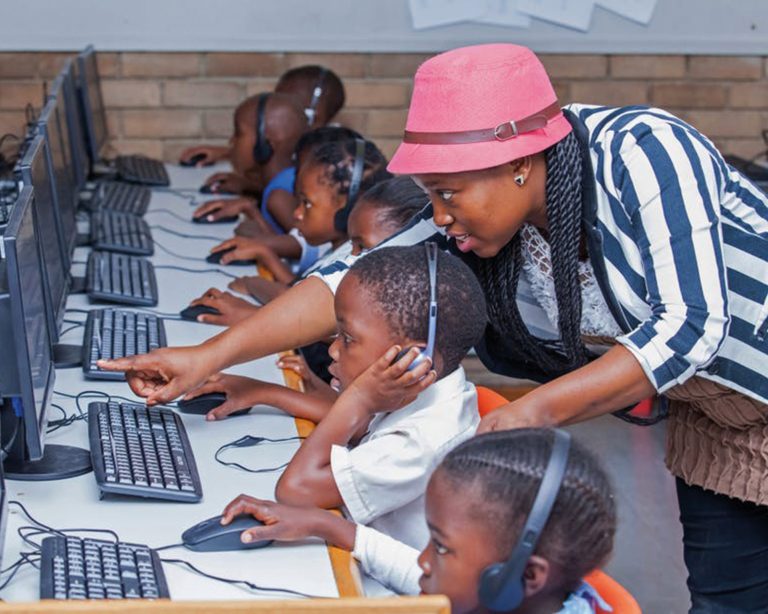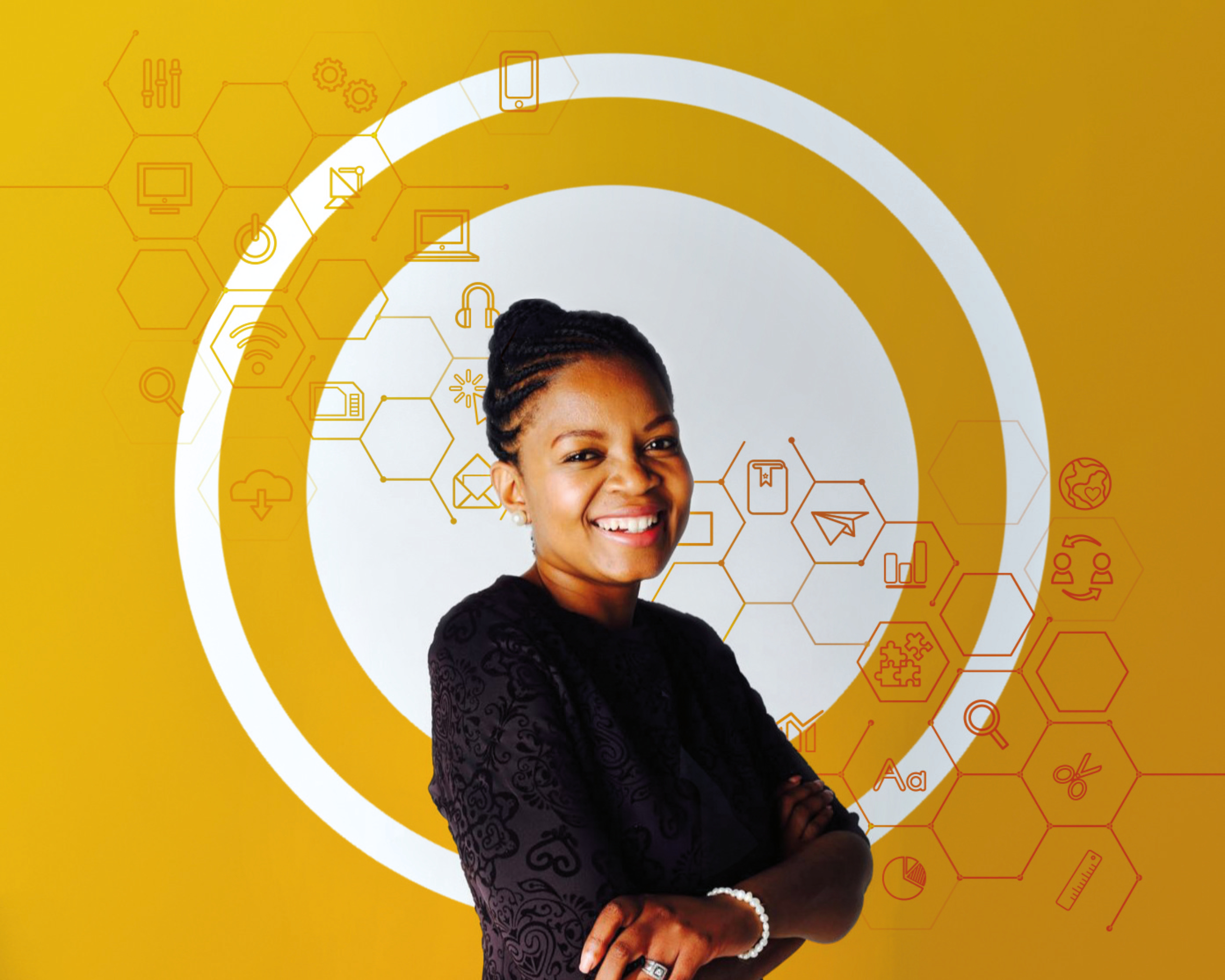The coronavirus pandemic has had a major impact on global education systems. We chatted to Dr Mmaki Jantjies about how tech can help
Dr Mmaki Jantjies almost abandoned her passion for tech in her teens. Now an associate professor of information systems at the University of the Western Cape, she recalls doing computer science in high school but worrying that it was a ‘boy thing’ and that the male culture associated with such a subject meant that there was no place for her. Luckily for her students and the people that she works with through her education and digital skills NPO Peo ya Phetogo (PYP), she changed her mind. We caught up with Dr Jantjies to find out what keeps her busy.

What does social development and social change mean to you?
Technology can support so many aspects of our lives. I have always been fascinated with developing effective and useful technologies that anyone can use, be it a small company or a large enterprise. For me, it’s all about small innovations that boost accessibility and put power in the hands of everyone so we can all enjoy the benefits that technology has to offer.
Let’s talk about tech use in SA schools.
I work with a wide range of schools to help them incorporate different forms of technology into their school environment. A lot of these schools are in underprivileged communities. What I’ve realised is that every school faces different challenges. I believe that we need to think of schools as businesses and approach the distribution of digital technologies from a strategic perspective. There’s little value in kitting a school out with a computer lab, but not supplying them with a technician who can offer technical support. If technology training is inconsistent, what ends up happening is that the few teachers who do understand how to use technology are overburdened with handling any technical difficulties.
Do you think that remote learning has the potential to transform SA education in the long term?
If anything, the lockdown has really highlighted our existing education inequalities. I have three children and I’m also raising my nephew and my niece. Seeing the differences across their schools showcases the inconsistencies that exist in terms of how we access resources across the South African education system. I appreciate that we have used radio and TV as a supplement to learning, but I don’t think that we can rely on technology as a primary mode of learning because most schools lack the resources needed to effectively continue with e-learning.

What are some of the inhibitors?
If you live in a home with ample access to technologies and bandwidth, it’s possible. But if you’re in a house with unreliable connectivity and shared resources, it’s difficult. I think that digital education is possible but I strongly believe that we need to go back to the drawing board. Starting with detailing what e-learning actually is and clarifying what resources are required both from the school, as well as from the parent’s side. When it comes to online learning, it’s important that children have a home environment that is conducive to learning – a space where they can sit down and have a meeting with their teacher without any disruptions. At my niece’s school, one of her teachers has been sharing photos of the different exercises and assignments the kids need to complete via WhatsApp. At the end of the day, children need to be stimulated so it’s critical for us to find different mediums that work for different context.
Do you have any advice for aspiring techies?
If you work in the field of technology, being able to adapt, being able to always learn about what’s new is so important. Technology changes, processes change, platforms change, so opportunities for people in tech are constantly being opened up.
What is the best career advice you have ever received?
Make your mark and make your point where possible, but without necessarily burning bridges. Our industry is very small, so if you burn bridges with someone, chances are you will have to work with that individual again in the future. Networks are also important in supporting you to grow in the industry. I have found that through networks, I’ve found mentorship and collaborators that have helped me make a better impact through my work.
Words by Joanna Carew
Photography: Courtesy Images





